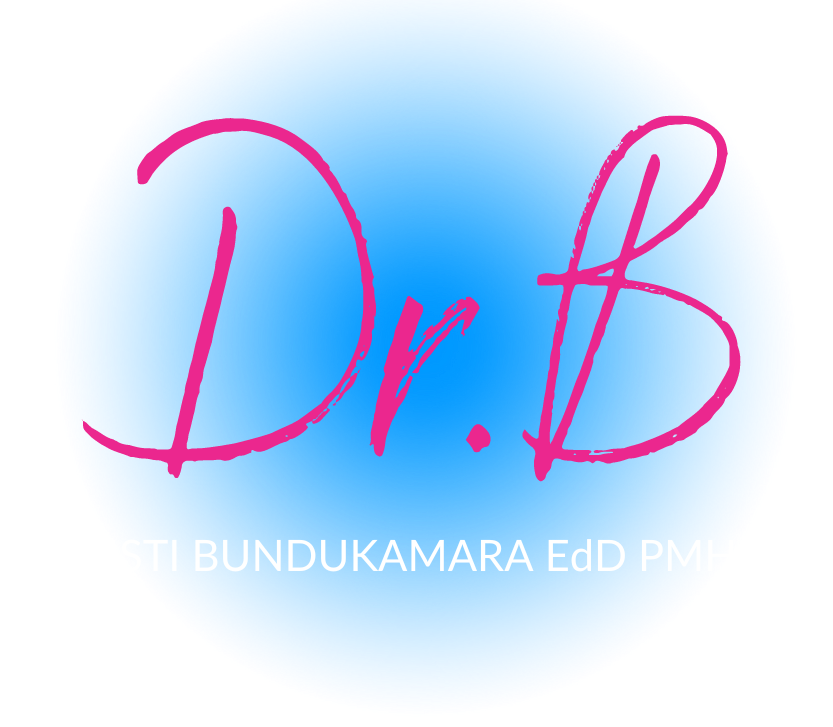How to Navigate Grief with the 5 SELFs
Welcome to an inspiring journey of self-discovery and healing. I’m Cristi Bundukamara, a psychiatric nurse practitioner with over two decades of clinical experience. Today, I want to share my personal journey through intense grief, where I discovered a path to healing and self-realization. Join me as I unveil the five essential “self”s to help you navigate your own grief journey.
Self-Care: Nurturing Your Well-Being
- Self-care is more than just bubble baths and spa days. It involves consciously taking steps to prioritize your physical and emotional well-being. This might mean getting enough sleep, eating nourishing foods, and engaging in regular exercise.
- Emotionally, self-care includes setting boundaries to protect your mental health. It's okay to say "no" when you need to, and it's crucial to seek support from friends, family, or professionals when necessary.
- Self-care provides the foundation upon which all other aspects of your healing journey are built. When you take care of yourself, you'll find the strength and resilience needed to navigate grief.
Self-Regulation: Managing Emotions
- Grief can be an emotional rollercoaster. Self-regulation involves learning to recognize and manage these intense emotions. It's about finding constructive ways to express your feelings and prevent emotional overwhelm.
- Techniques such as deep breathing, mindfulness, and journaling can help you regain control over your emotions. Recognizing that it's okay to feel a wide range of emotions is an essential part of this process.
- By mastering self-regulation, you can prevent small triggers from becoming overwhelming and maintain your mental well-being.
Spiritual Self: A Journey of Faith and Belief
- Regardless of your religious beliefs or lack thereof, exploring your spiritual self can be a valuable aspect of healing. It's about seeking answers to profound questions about life, purpose, and existence.
- My personal experience of struggling with my faith and my extreme anger at God is relatable for many. It's essential to remember that your spiritual journey is personal and unique.
- Whether you find solace in traditional religious practices, nature, or philosophical exploration, embracing your spiritual self can offer a sense of purpose and understanding during difficult times.
Self-Improvement Through Study
- Grief is a complex and individual experience, and there is no "right" way to grieve. By studying grief theories, books, and personal stories, you can gain insights and perspectives that resonate with your unique journey.
- Continual learning can help you adapt your coping strategies and better understand the grieving process. It's an opportunity to discover nuggets of wisdom and approaches that align with your needs.
- Remember that while these theories and books provide valuable guidance, they are not strict roadmaps. You have the agency to shape your own path of healing.
Self-Movement: Processing Grief Energetically
- Self-movement involves consciously working to release emotional pain and grief from your body. It's about preventing grief from becoming stagnant and overwhelming.
- Sitting with your pain and ruminating on it can lead to a heavy emotional burden. Self-movement is an active approach to releasing this burden.
- Techniques such as yoga, tai chi, or even simple physical exercises can help you channel and release emotional energy. The goal is not to make the pain disappear but to create space for healing and growth.
Incorporating these Five SELFs into your grief journey can provide a holistic approach to healing. Remember that healing from grief is a unique and ongoing process. What works for one person may not work for another, so it’s essential to explore these aspects with an open heart and a willingness to adapt to your own needs and circumstances.
Find out more about Dr. B’s Mentally STRONG Academy HERE
